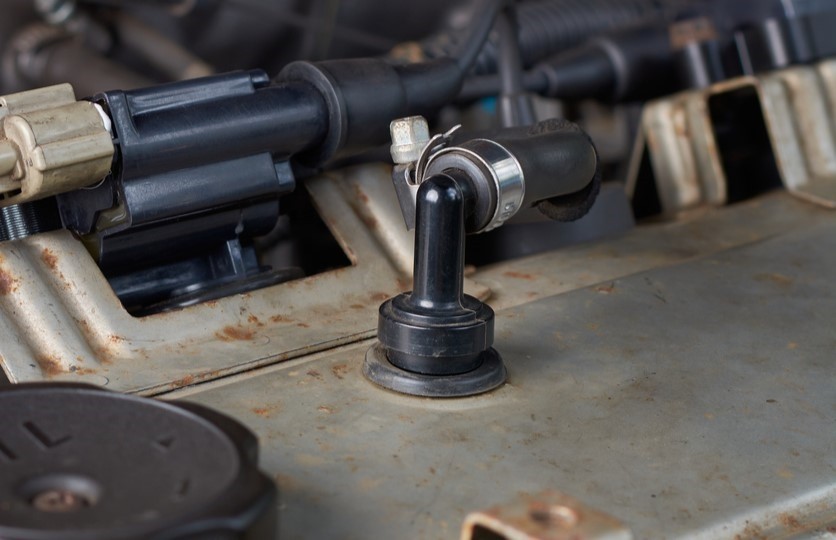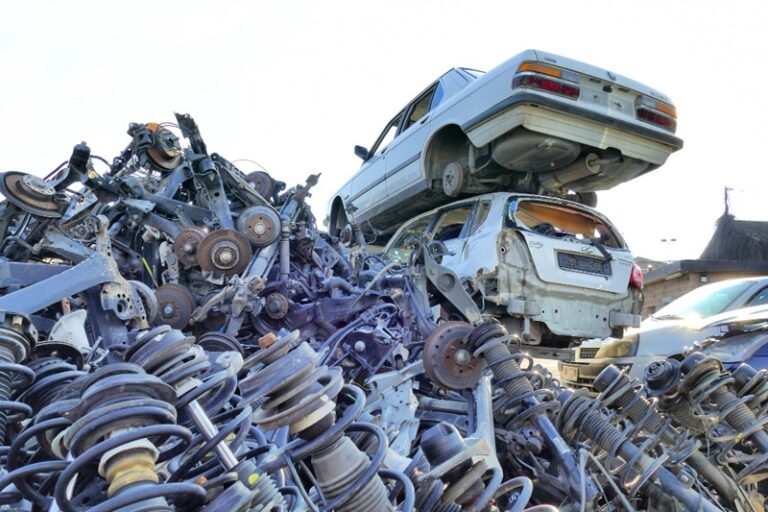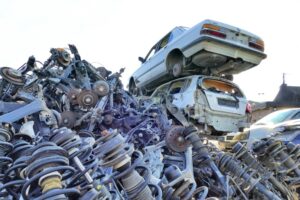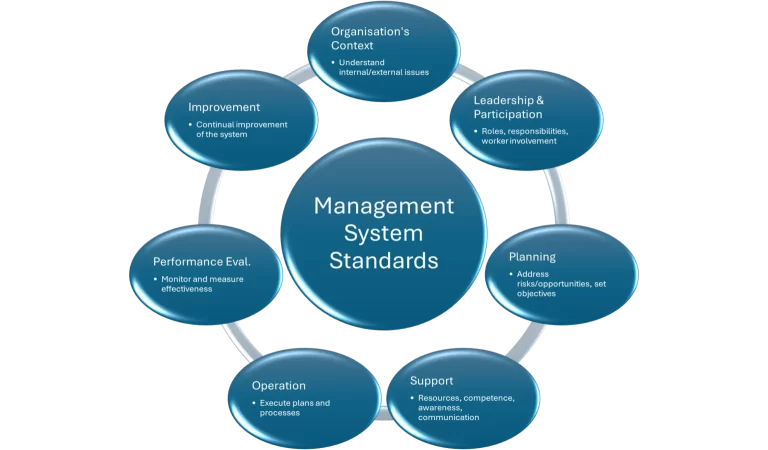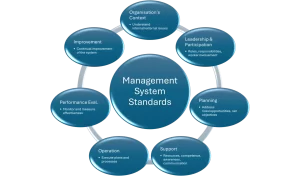The PCV valve is merely a little element of your car’s engine, but it must perform properly. It removes and burns filthy gasses to clean the engine. This reduces pollution and cleans the engine. The valve may break or clog. Your car may act strangely then. Not many individuals recognize that these small signals indicate a problem. If you observe any of these simple indicators, get your PCV valve examined or replaced.
Discolored Exhaust Gas
Problems with your PCV valve? Please inspect your exhaust pipe for blue or black smoke. The smoke usually indicates oil burning with the gasoline, which is abnormal. The valve may be admitting too much oil into the engine, igniting it and releasing it through the exhaust. Smoke may smell pungent or weird. This is one among the first signs that your PCV system requires repair.
Engine Light Alert
If the PCV valve fails, the engine computer may malfunction. This commonly activates the dashboard check engine light. However, that light might signify several things. Possible cause: damaged PCV valve. It alters engine airflow, affecting performance. If your check engine light turns on, see a professional immediately.
Rough Idling and Acceleration
Your car can feel rough as you speed up or slow down. The PCV valve could be the problem. A broken valve could let in too much or too little air, which can cause the engine operate unevenly. This might make you go slower or shake the car when you’re not driving. Checked the PCV valve? If your car seems unsteady, it may be time to go for Auto Repair in Troy, Oh.
Whistling/Hissing
A faulty PCV valve may cause that high-pitched buzzing or hissing beneath the hood. This usually indicates air leaks. The sound may increase if you push gas. These unusual PCV system sounds frequently indicate a problem. Fixing it early prevents more issues.
Misfiring
When you start the car or speed up, a misfiring engine skips or rattles. A faulty PCV valve affects engine air-fuel mixture, causing this. Poor engine firing can weaken and harm it over time. Your car may operate poorly due to this.
Engine oil leaks
Bad PCV valves might put too much air in the engine. This much pressure might leak oil from seals or valves. The ground may have oil or the hood may smell burning. These issues might damage the engine if ignored. Checking the valve stops leaks and extends engine life.
Conclusion
Broken PCV valves can lead to worse issues if left unfixed. Strange sounds, smoke, and jerky driving are telltale indications. Valve repair is simple for most mechanics. If you encounter any of these indications, avoid driving your car. Fixing the issue immediately with the help of Trojan Auto Care saves money and keeps your car operating properly.

